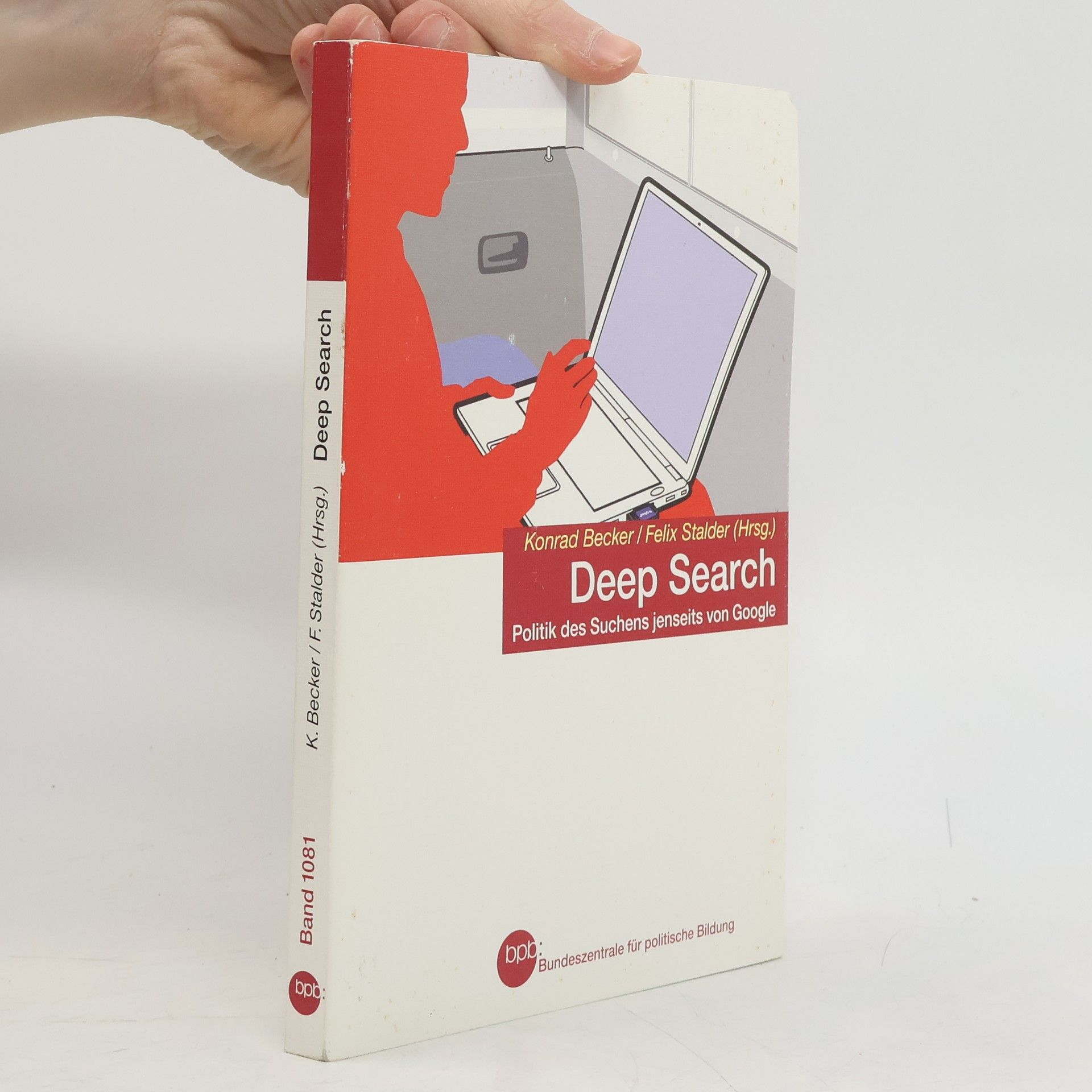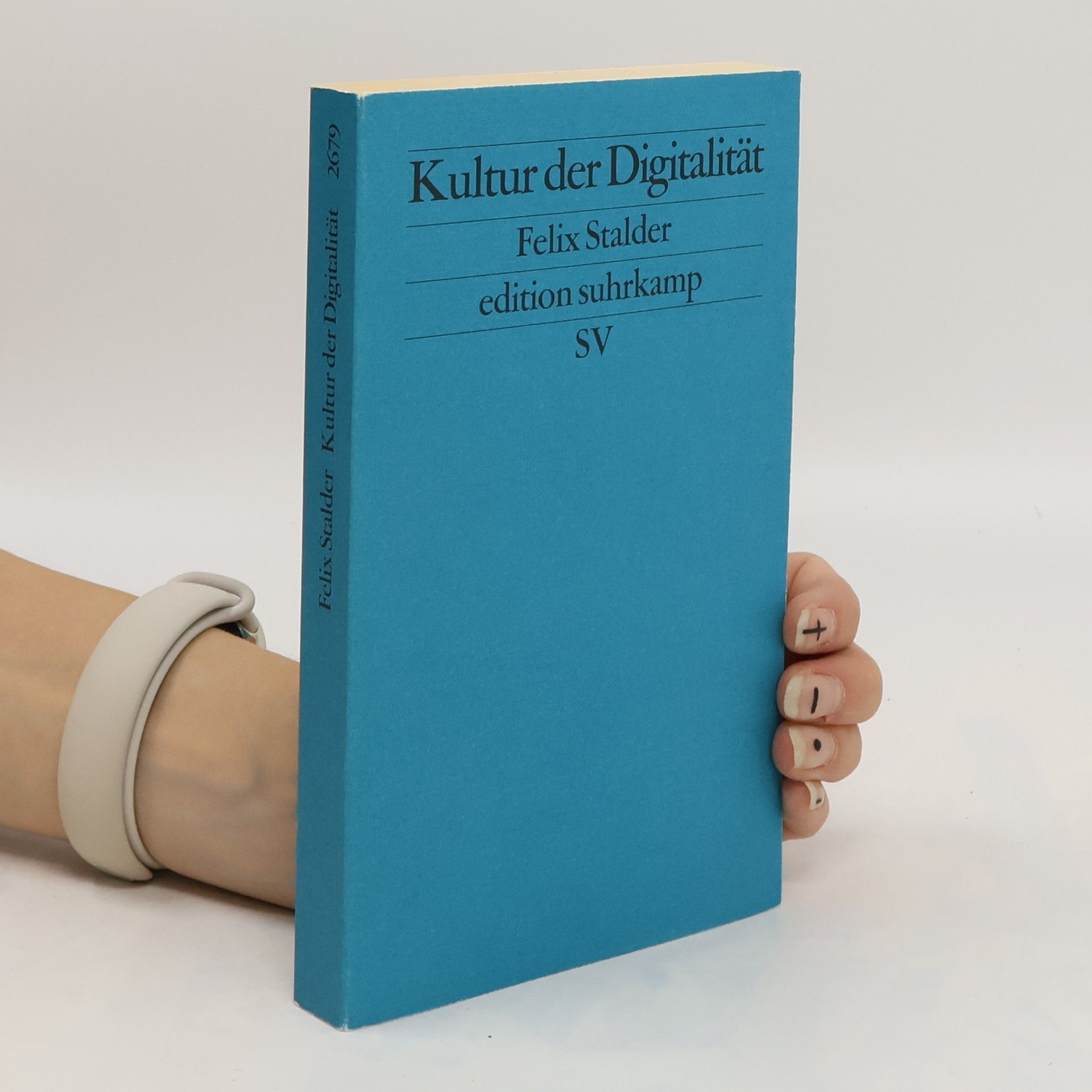Aesthetics of the Commons
- 256pages
- 9 heures de lecture
What do a feminist server, an art space located in a public park in North London, a "pirate" library of high cultural value yet dubious legal status, and an art school that emphasizes collectivity have in common? They all demonstrate that art can play an important role in imagining and producing a real quite different from what is currently hegemonic, that art can not only envision or proclaim ideas in theory, but also realize them materially. This publication examines a series of (post-) digital projects with a hybrid character. They relate to (Western) cultural systems and the art world by developing discursive and aesthetic positions. At the same time, they create recursive environments and freely available resources whose use exceeds these systems by far. As the authors argue, these projects are suggesting new approaches to the commons as well as realizing new aesthetics. With contributions by Christoph Brunner, Daphne Dragona, Jeremy Gilbert, Olga Goriunova, Gary Hall, Ines Kleesattel, Rahel Puffert, Judith Siegmund, Sophie Toupin, Magdalena Tyzlik-Carver


